Introduction
The history of artificial intelligence or AI is a fascinating one, marked by periods of innovation followed by lulls where progress slowed down. While the idea of creating machines that could think and learn like humans dates back to ancient times, it wasn’t until the 1950s that computer scientists began exploring this possibility in earnest.
In 1956, John McCarthy coined the term “artificial intelligence” at a conference he organized at Dartmouth College. The conference brought together leading experts in computer science to discuss how they could program computers to simulate human intelligence. This event is widely regarded as the birthplace of AI research.
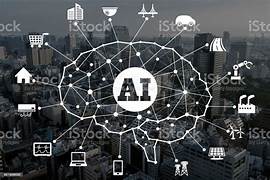
The Development Progressed!
During the following decades, advances in computing power and algorithm design led to significant breakthroughs in AI research. In the 1960s and 1970s, early AI systems were developed for tasks such as playing chess or solving mathematical problems with varying degrees of success.
One notable example was IBM’s Deep Blue chess-playing computer which defeated world champion Garry Kasparov in a six-game match in 1997. Another example was ELIZA – an early natural language processing program designed to simulate conversation with a therapist.
However, progress slowed down during what has been called the “AI winter” period from the late-1970s until the mid-1990s due to various factors including limited computational resources and lack of funding. Many researchers moved away from AI towards other areas such as expert systems or knowledge engineering.
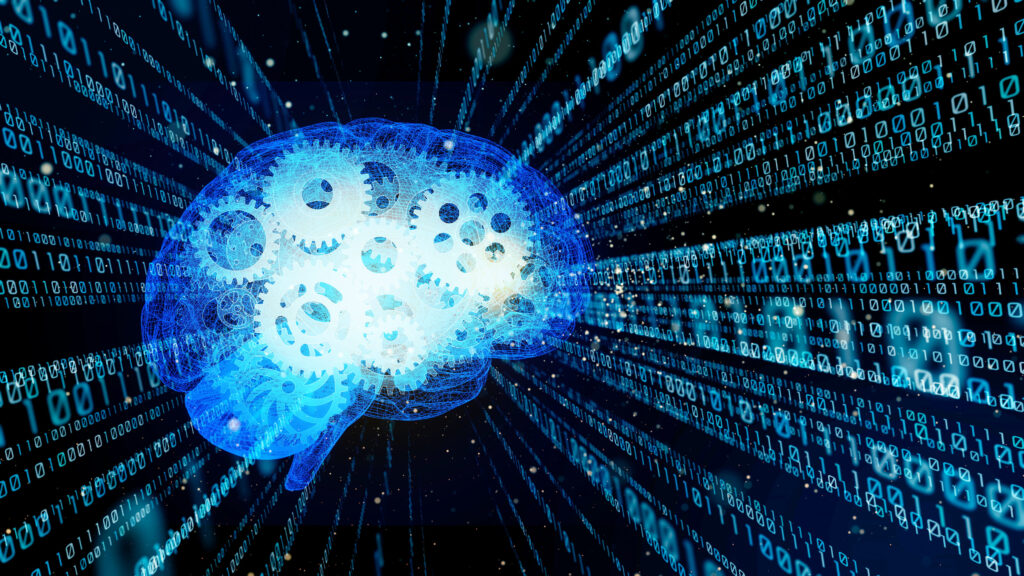
What happened with the Recent boom in AI?
In recent years though there has been renewed interest in AI with major advancements being made possible through deep learning algorithms which utilize large amounts of data along with neural networks modeled after biological brains. These have enabled significant improvements in areas such as image recognition (e.g., object detection), natural language processing (NLP), speech recognition etc.
Deep learning algorithms are based on artificial neural networks that are modeled after biological neurons found within our own brains; these algorithms can recognize patterns within vast datasets making them ideal for data-rich applications such as image recognition or speech processing.
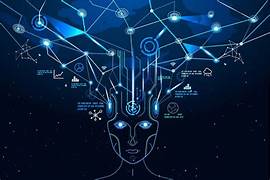
Importance and Examples of AI Technology Usage!
One area where AI is making significant contributions today is healthcare. For example, it’s helping doctors diagnose diseases more accurately by analyzing medical images (e.g., MRI scans) or assisting them while performing surgery using robotics technology powered by advanced machine learning algorithms trained on vast datasets of medical images.
In finance, AI is being used to improve fraud detection and risk assessment while in transportation it’s helping self-driving cars navigate roads more safely. In entertainment, AI algorithms are used to personalize music playlists or recommend movies based on a user’s viewing habits.
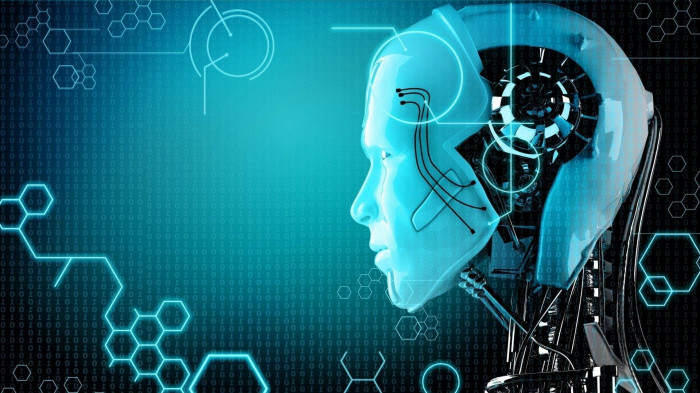
Despite these advancements, there are still challenges that need to be addressed such as the ethical considerations surrounding the use of artificial intelligence. There are concerns about data privacy and security as well as potential job displacement due to automation.
Moreover, some experts warn that we should not overestimate the capabilities of current AI systems; they argue that true human-like intelligence may require new forms of computing hardware beyond what we have today.

Conclusion?
Overall though, the history of AI has been one characterized by periods of innovation followed by lulls where progress slowed down. However today we’re seeing renewed interest in this field with major advancements made possible through deep learning algorithms which utilize large amounts of data along with neural networks modeled after biological brains. This promises continued growth and development in this increasingly important field across industries ranging from healthcare and finance to transportation and entertainment among others.
ChatGPT’s Website: https://chat.openai.com/
Want more awesome content? Check our article page: https://viewabreast.com/blog/

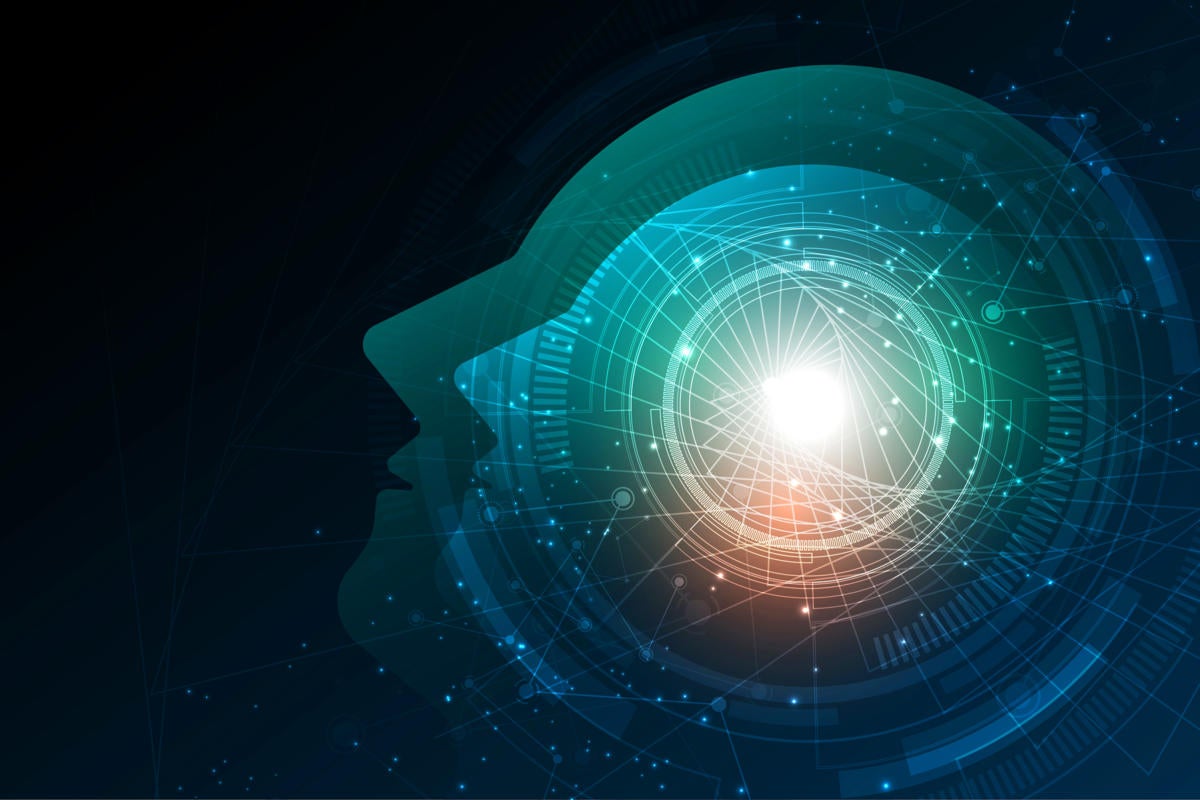
1 comment